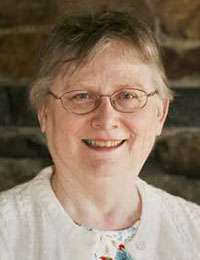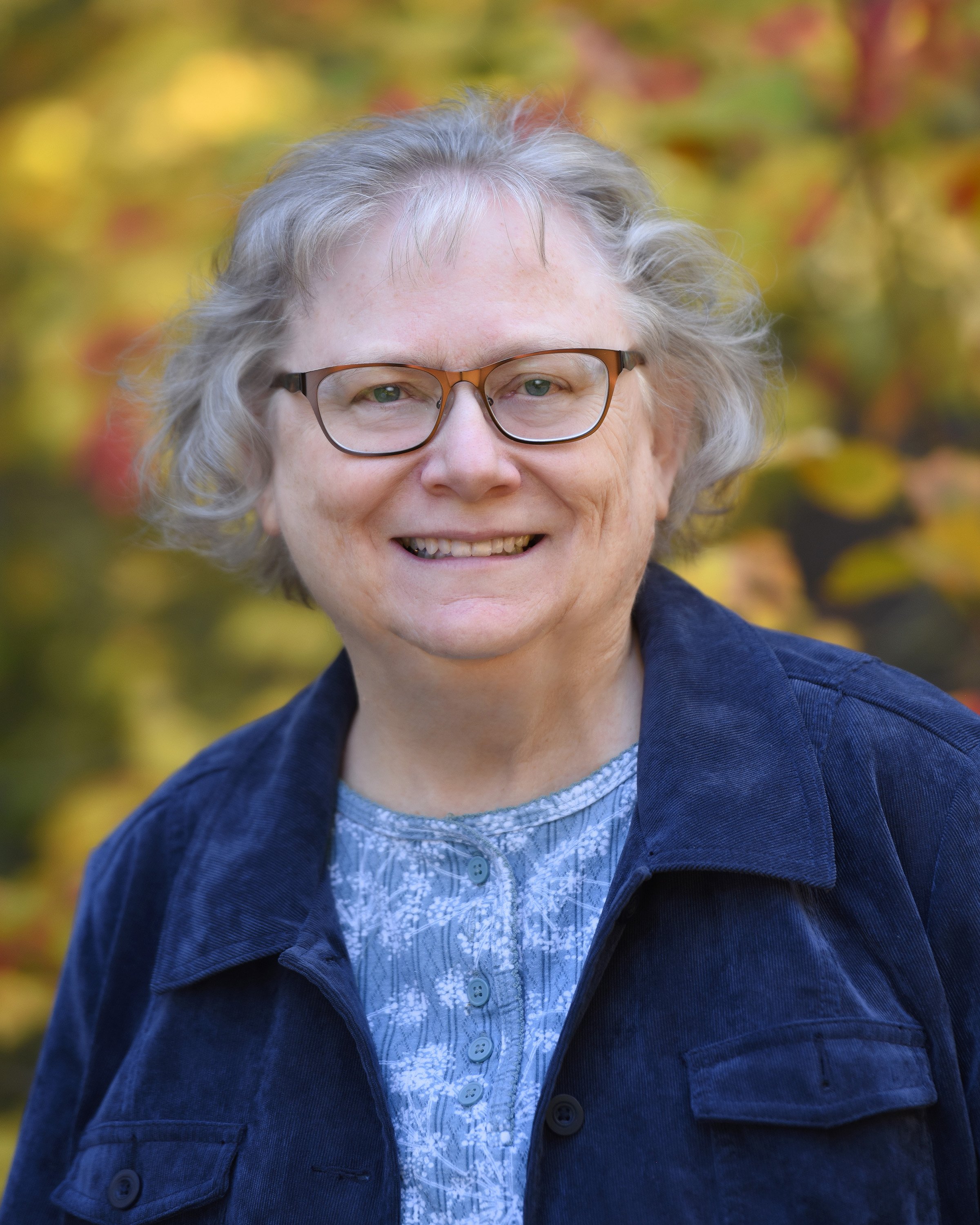 Readers have asked how to cite Internet sources. Confession, I don’t really know the answer – and I don’t think many others do, either. It is a new, still-evolving discipline complicated by the transitory nature of the beast, where links to pages get changed and/or vanish into cyberspace. Often I cannot even find my own way back to something I ran across while researching.
Readers have asked how to cite Internet sources. Confession, I don’t really know the answer – and I don’t think many others do, either. It is a new, still-evolving discipline complicated by the transitory nature of the beast, where links to pages get changed and/or vanish into cyberspace. Often I cannot even find my own way back to something I ran across while researching.
There are many style guides for citations, but the “Big Daddy” of them all for genealogy is Elizabeth Shown Mills’ nearly 900-page Evidence Explained, Citing History Sources from Artifacts to Cyberspace, 3rd edition (Baltimore: Genealogical Publishing Co., 2015). In her chapter on “Fundamentals of Citation,” she starts out by stating that “Citation is an art, not a science,” and once we learn the fundamentals “we are free to improvise.” She gives the fundamentals in the first two chapters of the book and the rest consists of detailed examples for every conceivable contingency. All well worth studying when you are ready for the graduate level course.
In the meantime, however, I recommend that you start learning simply by imitation. As you read articles in the Register or other genealogical publications, note how Internet sources are cited. They will undoubtedly vary among publications and probably even within different volumes of the same publication – it is still an evolving art, after all – but the basic information is the same as when citing a book: author, title of the article, name of the database or collection, when and by whom published, the date you accessed it [particularly important for the ever changing Internet], and the full URL to the relevant page(s).
Raise your hand if you cut corners with URLs. [My hand is raised.] They can be really long and look really funny in footnotes. I also am good at avoiding identifying authors and creators, database titles, and many other details from web pages. However, I can see that this dragon is not going away, so I am making an effort to learn.
As an example, I was recently introduced to the proper NEHGS style of citing a record from FindAGrave:
Online image at FindAGrave.com {posted date, by _____ (name of dead person, Find A Grave memorial #____)}.
Does it matter? I could go to www.findagrave.com, make a search by name and find the entry without knowing the memorial number or who posted the information. However, if I am looking for William Williams whose death date is unknown, the memorial number is likely to save me a lot of time and effort. Also knowing when it was posted and by whom can help if there are discrepancies or questions.
I have Evidence Explained on my dining room table flattening oversized files but within reach when needed.
P.S. For those who have asked about a template file for the Early New England Families Study Project format, e-mail me at alicia.williams@nehgs.org.
Share this:

About Alicia Crane Williams
Alicia Crane Williams, FASG, Lead Genealogist of Early Families of New England Study Project, has compiled and edited numerous important genealogical publications including The Mayflower Descendant and the Alden Family “Silver Book” Five Generations project of the Mayflower Society. Most recently, she is the author of the 2017 edition of The Babson Genealogy, 1606-2017, Descendants of Thomas and Isabel Babson who first arrived in Salem, Massachusetts, in 1637. Alicia has served as Historian of the Massachusetts Society of Mayflower Descendants, Assistant Historian General at the General Society of Mayflower Descendants, and as Genealogist of the Alden Kindred of America. She earned a bachelor’s degree from the University of Connecticut and a master’s degree in History from Northeastern University.View all posts by Alicia Crane Williams →